The Art of Arranging Everyday Objects
Why Everyday Arrangements Matter
Visual Calm Through Gentle Order
Grouping everyday items reduces visual noise and invites rest for the eyes. A small cluster—a candle, a book, a bowl—creates a focal point that steadies attention. Comment with your favorite trio that instantly soothes your space.
Function Wrapped in Beauty
Arrange items where your hands naturally reach: keys by the door, tea bags near the kettle, pens beside the notebook. Beauty follows function when placement honors daily rhythm. Share your clever placement that saves thirty seconds every morning.
Meaning in the Mundane
Objects carry tiny biographies. The chipped mug from a road trip, the pencil your child chewed—when displayed with care, they whisper stories. Post a memory-rich object you keep out, and tell us one sentence about its journey.
Composition Basics for Everyday Objects
Build small triangles with objects of different heights; our eyes love that gentle climb. Work in threes or fives to avoid stiffness. Rearrange your shelf into a triangle cluster and tell us which piece became the unexpected star.
Composition Basics for Everyday Objects
Echo a color twice to create harmony, then break monotony with a contrasting texture. Pair matte ceramic with glossy glass, warm wood with cool metal. Which texture duo delights you most? Share your pairing in the comments today.
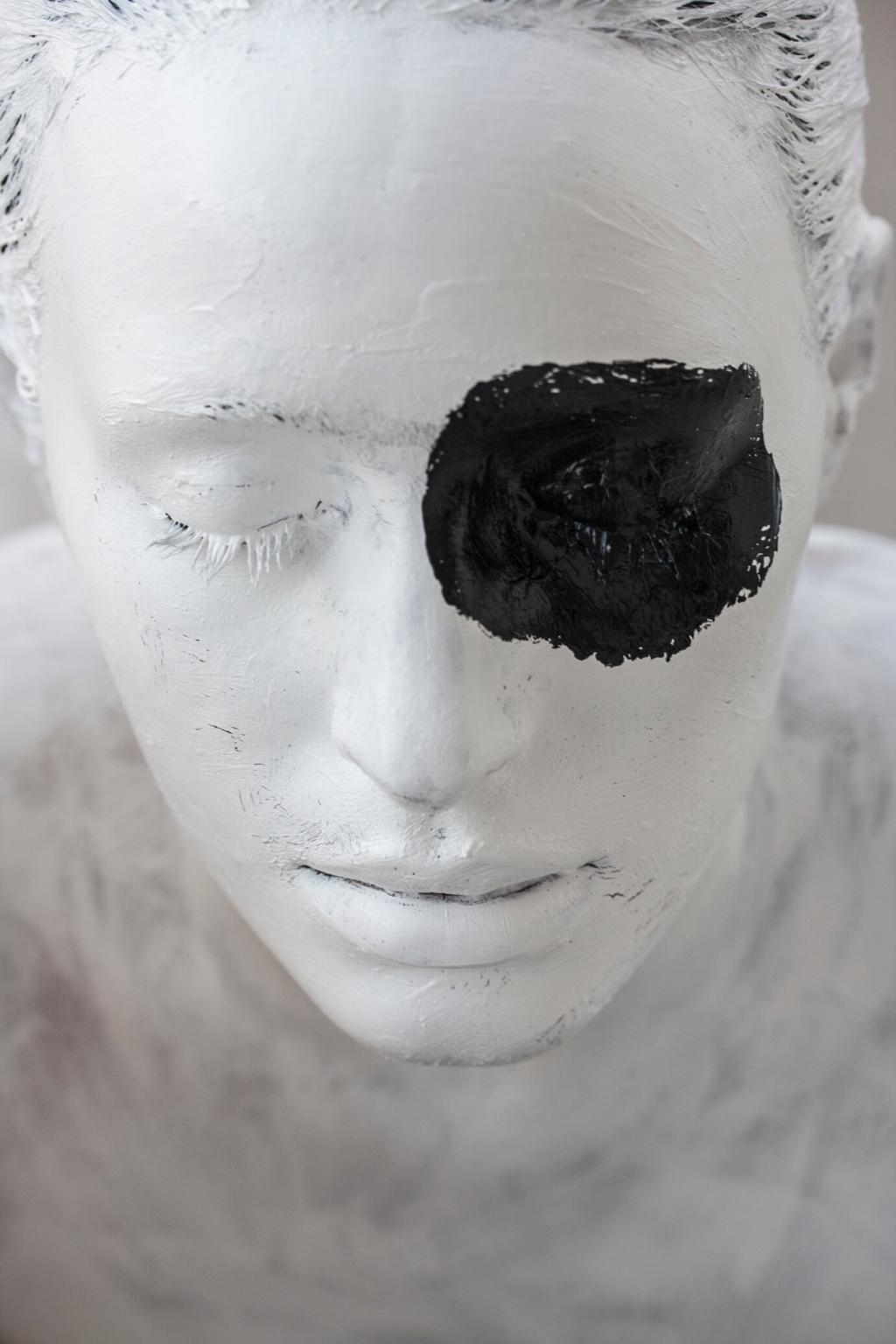
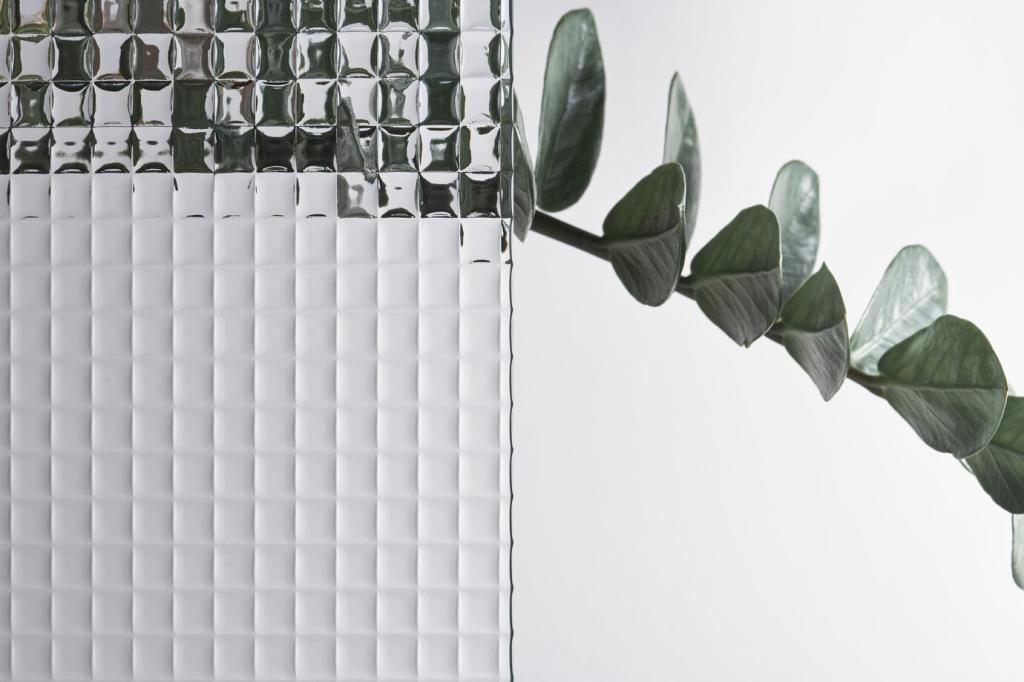
Room-by-Room Arranging
On a single tray, group olive oil, salt cellar, and a wooden spoon jar. Add one seasonal touch—a lemon or herb sprig—for color. Try this tonight, then share how cooking felt with everything within graceful reach.
Keep only what nudges progress on the desk: laptop, notebook, pen, water glass, warm task light. Corral extras in a drawer. Reset after each session and tell us which item most reliably protects your concentration.
Create a shallow bowl for keys, a hook for the bag, a tray for mail. Place a small plant to soften edges. After a week, comment whether fewer things go missing as you head out the door.
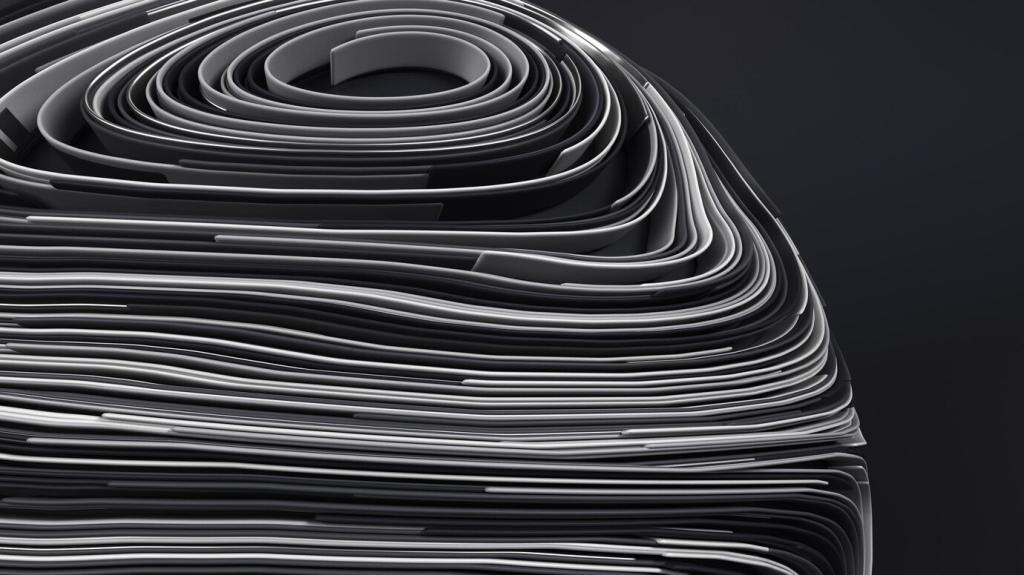
Small Spaces and Renter-Friendly Moves
Trays: Portable Order
A tray creates boundaries on any surface, preventing sprawl and speeding up cleaning. Lift and wipe—done. Build a coffee tray or a skincare tray tonight, then post a photo and note how quickly you finished tidying.
Hooks, Rails, and Adhesive Magic
Use removable adhesive hooks or a simple rail to float objects vertically: mugs, scissors, headphones. Freeing horizontal surfaces increases breathing room. Tell us which wall you reclaimed and how the room’s energy shifted afterward.
Light, Mirrors, and Reflection
Place reflective or light-toned objects where they catch daylight. A mirror opposite a window can brighten a vignette dramatically. Try moving one reflective piece today and share whether your corner gained sparkle in cloudy weather.
Photographing Your Arrangements
Shoot near a window in morning or late afternoon. Turn off harsh overheads and let shadows sculpt shapes. After photographing, compare two spots in your home and comment which light made textures feel most inviting.


Each night, return three objects to their places and remove one that no longer serves the surface. The routine is small, but the relief is real. Try it for a week and report what changed first.
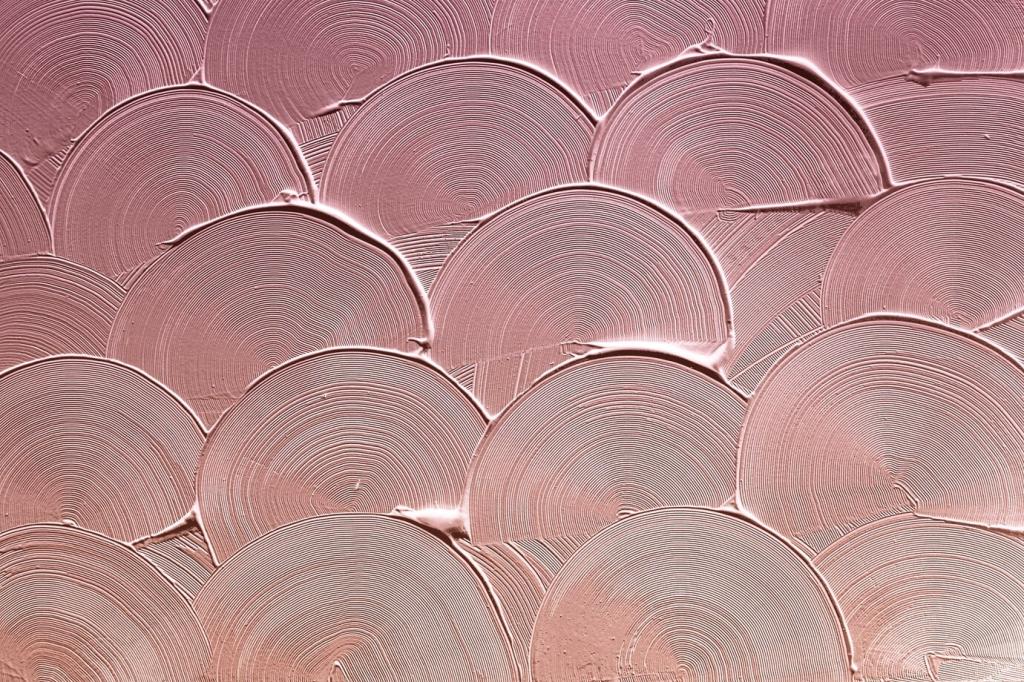
Keep a labeled box for off-season objects: winter candles, summer shells, autumn branches. Rotate gently as weather shifts. Tell us which item you reintroduced this week and how it refreshed the story of that corner.
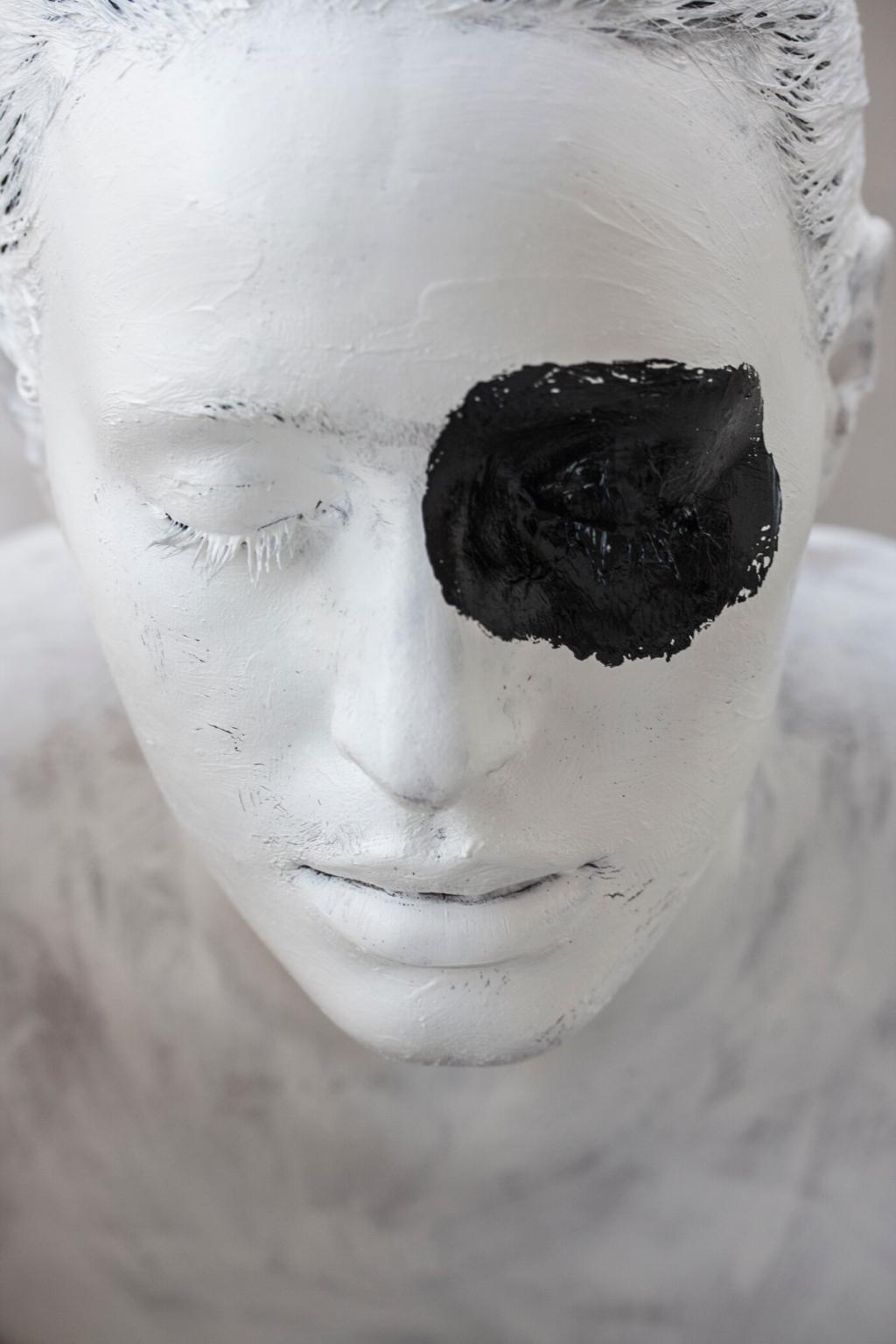
My grandmother kept a bowl of lemons by the stove, claiming they ‘held the room together.’ Their color echoed a tea towel and a faded postcard. Try a simple echo like that and share your sentimental pair.
